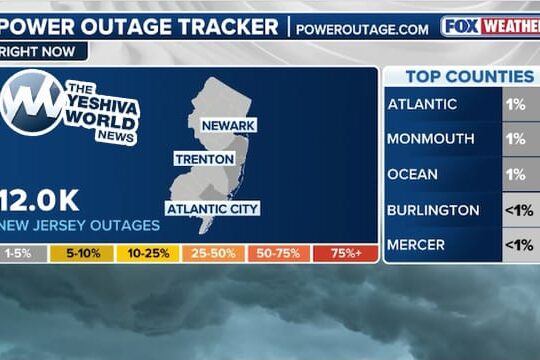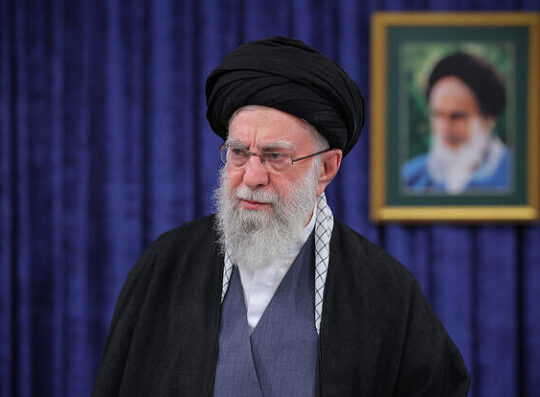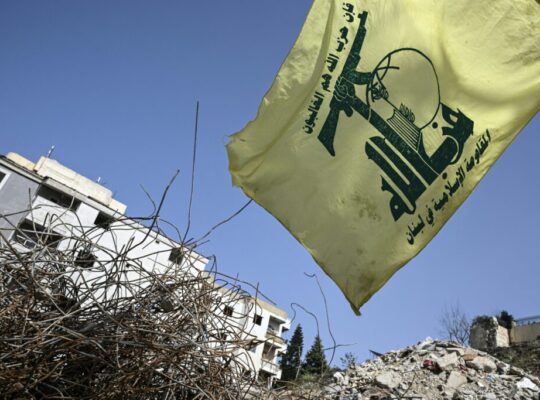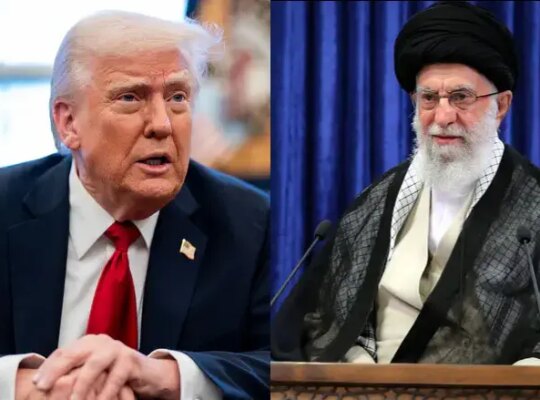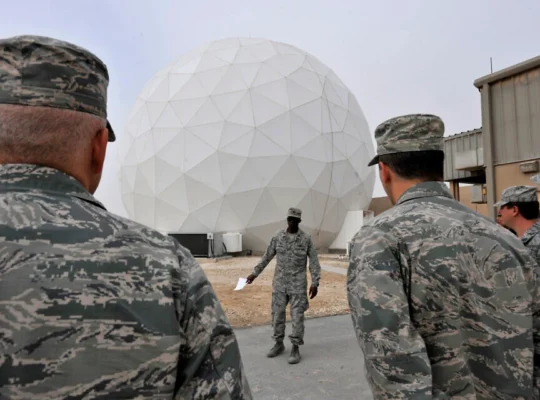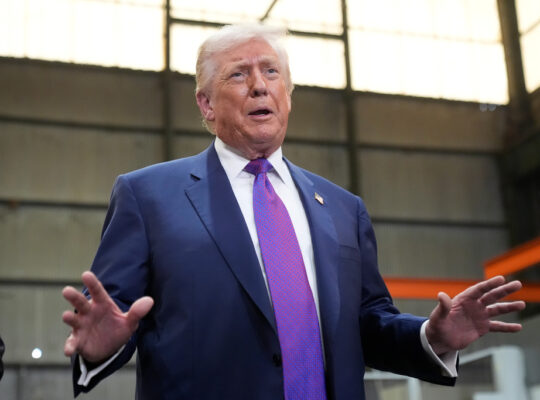Iran’s parliament endorsed a measure on Sunday to close the Strait of Hormuz in response to U.S. and Israeli airstrikes on the regime’s nuclear sites.
Iranian state broadcaster Press TV reported that legislators had unanimously reached consensus to close the strait, though final authority rests with Iran’s Supreme National Security Council and Supreme Leader Ayatollah Ali Khamenei.
Described by America’s Energy Information Administration as the “world’s most important oil transit chokepoint,” about 30 percent of global seaborne oil shipments pass through the Strait of Hormuz. In 2024, approximately 20 million barrels of crude, condensate, and fuels flowed through the strait daily.
Nevertheless, energy experts expressed strong doubts that Iran will follow through on its threat as it will alienate its Arab neighbors. Organization of the Petroleum Exporting Countries (OPEC) members, including Saudi Arabia, Iran, the United Arab Emirates, Kuwait and Iraq, export most of their crude via the strait, mainly to Asia. Qatar’s natural gas exports of about 77 million metric tons per year also flow through this route, representing about 20% of global LNG supply.
“If Iran blocks the strait, the country risks turning its neighboring oil producing countries into enemies and risks hostilities with them,” Vandana Hari, founder of energy intelligence firm Vanda Insights, tells CNBC. “So very, very little to be achieved, and a lot of self-inflicted harm that Iran could do.”
Furthermore, a closure would also provoke Iran’s market in Asia, particularly China, which accounts for a majority of Iranian oil exports and buys almost 90% of Iran’s oil exports, which are subject to international sanctions. Speaking to FOX News on Sunday, U.S. Secretary of State Marco Rubio called on China to help stop Iran from closing the strait
“I encourage the Chinese government in Beijing to call them (Iran) about that, because they heavily depend on the Strait of Hormuz for their oil…it will be economic suicide for them,” he said. And we retain options to deal with that, but other countries should be looking at that as well. It would hurt other countries’ economies a lot worse than ours.”
Based in Bahrain, America’s Fifth Fleet is tasked with protecting commercial shipping in the area. Currently, no indications of threats to commercial shipping exist in the waterway, according to the Joint Maritime Information Center.
“U.S.-associated vessels have successfully transited the Strait of Hormuz without interruption, which is a positive sign for the immediate future.”
However, reports indicate that some supertankers have already turned around in the strategic waterway following U.S. strikes on Iran’s nuclear program on Saturday.
Source link



